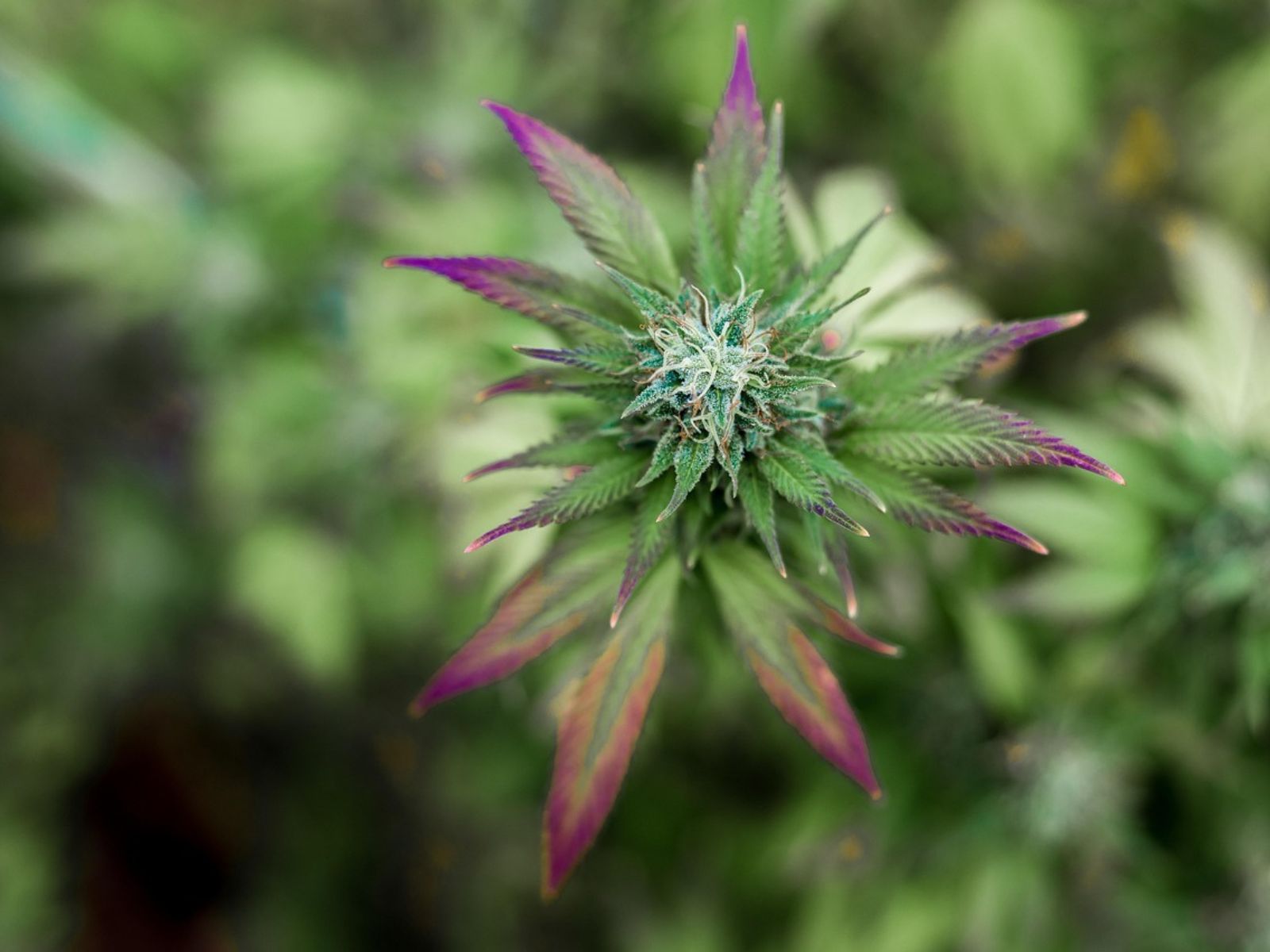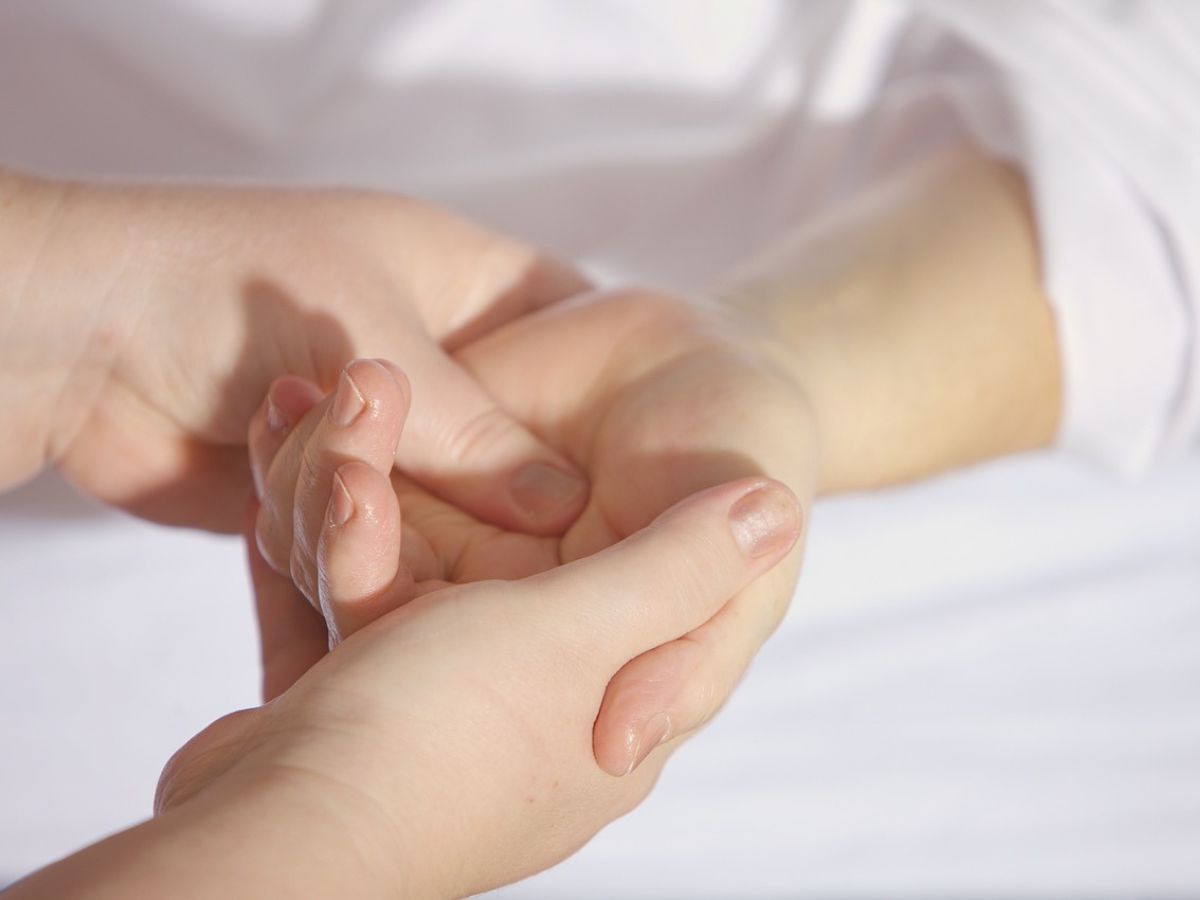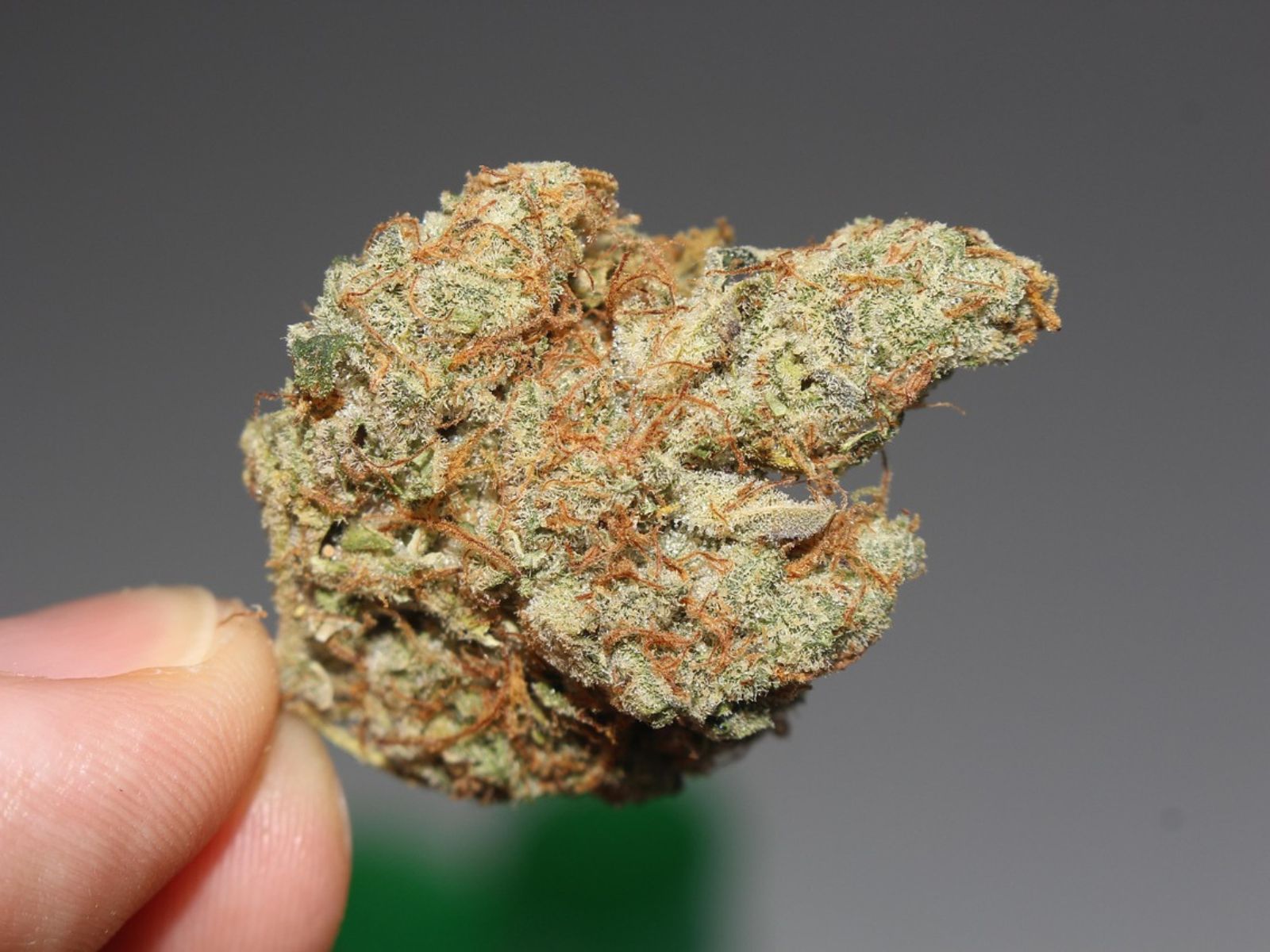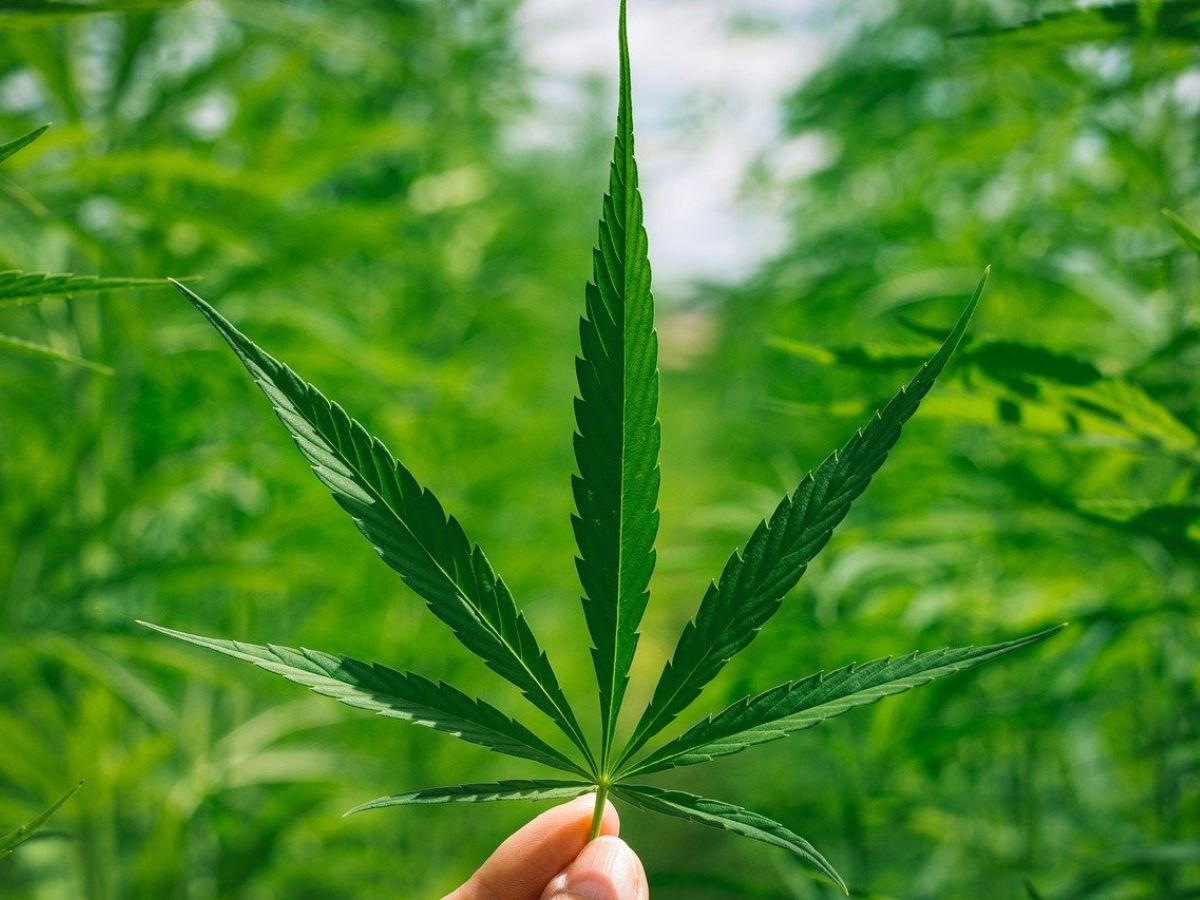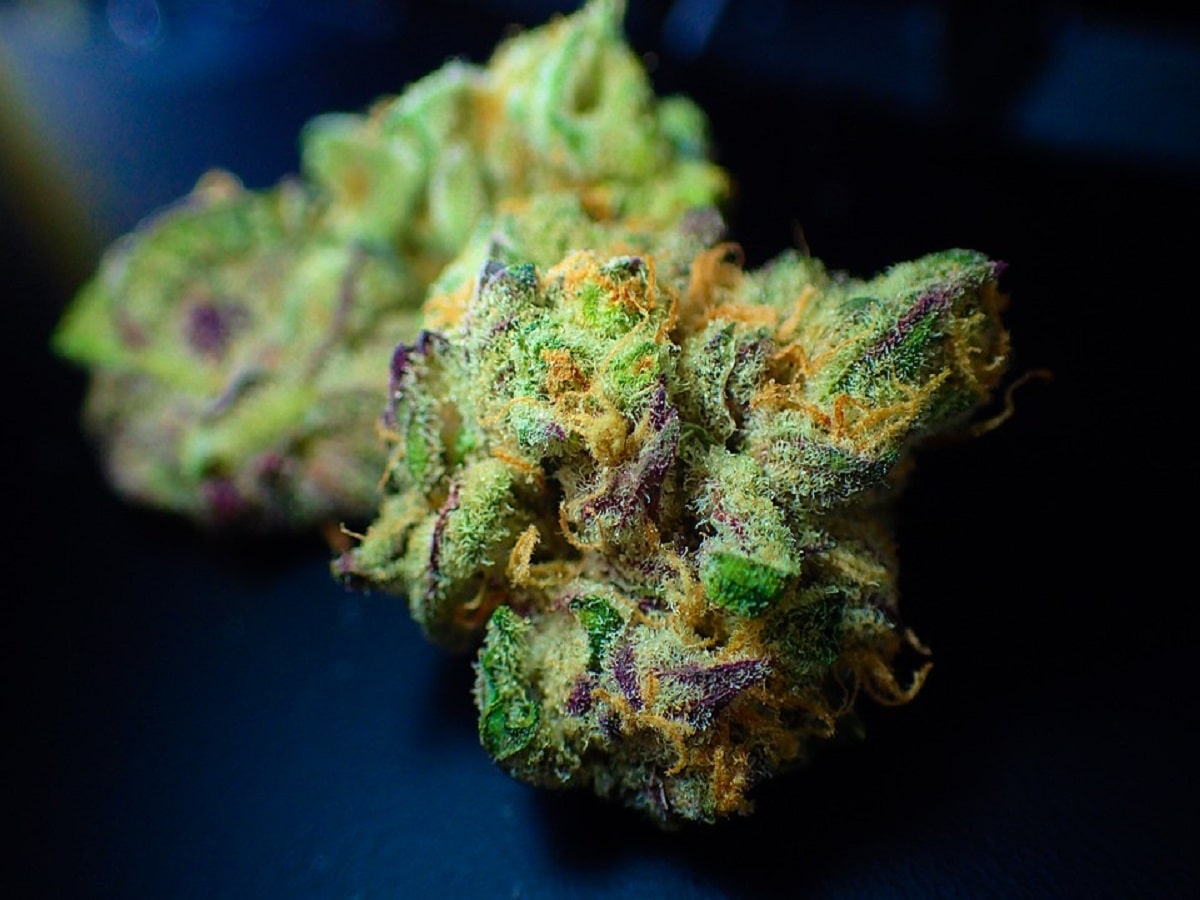
Cannabis Use Associated With “Substantial Improvements” Among OCD Patients

Cannabis Use Associated With “Substantial Improvements” Among OCD Patients
Obsessive-compulsive disorder (OCD) is a serious mental health condition that involves intrusive, unwanted thoughts and obsessions. It also involves repetitive behaviors or compulsions that a person cannot control. OCD can significantly interfere with a patient’s daily tasks, work, and relationships.
International researchers estimate that roughly 2% of the world’s general population suffers from some level of obsessive-compulsive disorder, ranging from mild cases to severe cases. Symptoms include, but are not limited to: a “fear of contamination by dirt or germs; constant checking; repetitive, intrusive thoughts of a somatic, aggressive, or sexual nature; extreme slowness; and an inordinate concern with orderliness and symmetry.”
A team of researchers based in the United Kingdom recently examined medical cannabis use and its impact on patients suffering from obsessive-compulsive disorder. The researchers’ findings were published in the academic journal Psychoactives.
“Existing treatments may not be suitable or effective for all people with OCD, and there is increasing interest in whether these individuals may benefit from the use of cannabis-based medical products (CBMPs).” the researchers stated.
“We document the characteristics of 257 people reporting a diagnosis of OCD within Project T21, a study of medical cannabis patients, and examined whether the use of prescribed cannabinoids improves quality of life. Individuals with OCD were prescribed an average of 2.2 CBMPs, with most products classified as THC-dominant flowers.” the researchers stated about their methodology.
“Three months after initiating treatment, there were substantial improvements in quality of life (Cohen’s d = 0.48; 95% CI = 0.29–0.65), general health (Cohen’s d = 0.43; 95% CI = 0.26–0.61), mood/depression (Cohen’s d = 0.85; 95% CI = 0.65–1.04), and sleep (Cohen’s d = 0.61; 95% CI = 0.43–0.79). There was a corresponding reduction in anxiety symptoms among the subsample who completed the GAD-7 (Cohen’s d = 1.14; 95% CI = 0.84–1.44). Eight individuals (5.7%) reported a total of 14 adverse effects, with the majority of these (57%) being described as mild.” the researchers found.
“Given emerging evidence that those with OCD can benefit from CBMPs, coupled with the increased availability of these unlicensed products internationally, there is a need for more research, including clinical trials, to identify those who may benefit most from the use of these medicines.” the researchers concluded.
Share article


Share article
Join Our Awesome Community
Join Our Awesome Community
Join Our Awesome
Community
Get all the latest industry news
delivered to your inbox


